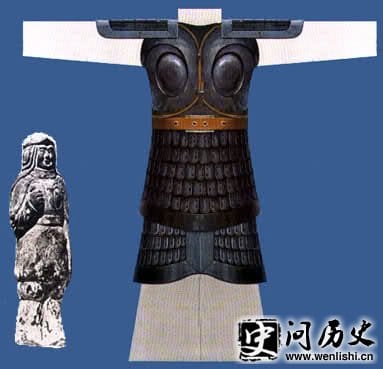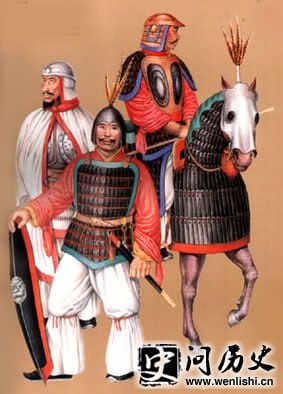A Blast from the Past: Uncovering Forgotten Words and Phrases in Antique English
The allure of vintage words and phrases has captivated many a language enthusiast, beckoning them to explore the rich tapestry of antique English. This charming aspect of our linguistic heritage offers a fascinating glimpse into the past, allowing us to experience the unique flavor and charm that once defined everyday communication. In this article, we delve into the captivating world of forgotten words and phrases, uncovering their hidden treasures for your reading pleasure.

Rediscovering Lost Words
One way to appreciate antique English is through its lost vocabulary. Over time, certain words have fallen out of favor or become obsolete due to changing societal norms or technological advancements. These forgotten terms offer an intriguing look at how language evolves over time.

For example, consider "whilom," which means "at some time in the past." Another word worth mentioning is "thou," an archaic second-person singular pronoun used primarily in Early Modern English literature such as Shakespeare's plays.
Unraveling Colloquialisms

Colloquialisms are another aspect of antique English that can provide great amusement while offering valuable insights into historical culture. These informal expressions often originated within specific regions or communities but have since faded from mainstream usage.
Take "gadzooks!" for instance - this expletive was popularized during Elizabethan England when it was used as an interjection expressing surprise or shock. Similarly, one could use "fopdoodle" to describe someone considered vain or foolishly concerned with appearances.

Exploring Formal Expressions
Formal language has also played a significant role in shaping antique English's identity. Formal expressions were often employed by those seeking elegance and sophistication in their writing and speech.

Words like "perchance" (meaning possibly) convey a sense of refinement while maintaining their original meaning without appearing overly formal today. Another example is using multiple adjectives before nouns - e.g., describing something as 'the beautiful summer afternoon' rather than simply saying 'beautiful afternoon.'
Vintage Idioms
Idioms are another key component contributing significantly to vintage charm within antique English expressions. They not only provided colorful ways for people to express themselves but also offered insight into cultural values prevalent during different eras.
Consider 'in high feather,' which meant feeling very happy or contented; alternatively take 'to make much ado about nothing,' referring either literally making noise over little things or figuratively overstating something insignificant.
Conversational Cadences
Antique conversation cadences add depth and richness to our understanding of bygone days' oral tradition
In addition to idioms these cadences include proverbs sayings aphorisms & witticisms; all contributing toward creating a vivid impression
Let's begin with proverbial wisdom like 'a bird in hand is worth two on tree.' This idiom highlights appreciating what you already possess rather than risking losing everything chasing after more
Another classic expression would be saying goodbye with good wishes until next meeting: 'May God bless you till we meet again'
With each passing day it becomes increasingly important for us – both linguistically & historically – preserve these pieces from our rich cultural heritage As they slowly fade away so too does our connection understanding & appreciation Of history itself Let us continue embracing The enchanting world Of old-fashioned english bringing its beauty back To life For generations yet unborn



